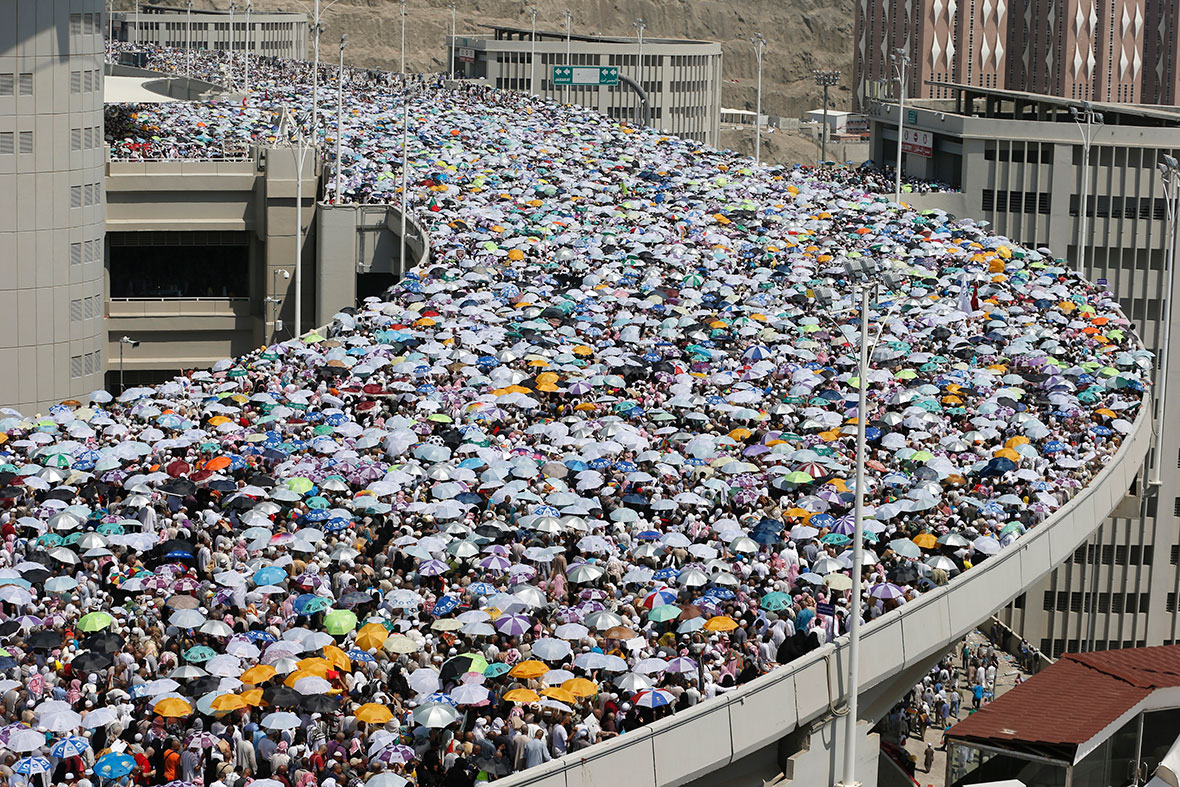International SOS, a leading medical and travel security risk services company, is offering medical guidance to pilgrims ahead of this year’s Haj, which it says is likely to be among the hottest in the past two decades. Dr. Issam Badaoui, Medical Director at International SOS, said: “This year, pilgrims should be particularly aware of Mers Co-V, as well as be sensible in what is likely to be very hot weather.”
He gave the following advise to reduce the risk of contacting the virus and other communicable diseases:
> Pilgrims should maintain a high level of personal hygiene and wash hands frequently with soap and water.
> Keep a safe distance from people who are coughing, sneezing or appear to be sick.
> Contact with live animals and their environment should be avoided, particularly camels.
> Fruits and vegetables should be washed well. Meat should be thoroughly cooked and pilgrims should only choose dairy items from pasteurised milk.
> Pilgrims should only go to registered barbers at officially designated centres, with disposable, single-use razor blades.
> Pilgrims should ensure their routine and mandatory vaccinations are up-to-date. All travellers are required to submit a certificate of vaccination with the quadrivalent meningitis vaccine in order to receive a Haj visa. Some travellers also need to show proof of yellow fever or polio vaccination. Seasonal flu vaccination is recommended prior to travel.
Dr. Issam Badaoui continued: “With average temperatures above 35.5 degrees centigrade in Makkah during September, pilgrims should also be aware of the potential health effects of heat.
The body’s natural cooling mechanisms can fail if a person is exposed to high temperatures and humidity for too long, particularly if they do not drink enough water. Heatstroke can quickly become a life-threatening emergency so it is vital that pilgrims are aware of the early signs of heat-related difficulties.”
Symptoms of heat-related illness include muscle cramps, irritability, confusion, heart rhythm problems, dizziness, nausea, vision problems and fatigue.
Dr. Badaoui noted that the Saudi Arabian Ministry of Health has urged vulnerable groups to postpone their Haj journey this year. These groups include those with chronic diseases such as cancer or heart disease, pregnant women, and those aged over 65 or under 12.
Meanwhile, pilgrims arriving for this year’s annual Haj should be reassured that “haj preparations are proceeding well, and as ever, we have outstanding medical services on site and on standby to serve the pilgrims,” says Saudi Health Minister Khalid Al-Falih .
The health minister made the statement after his visit with Custodian of the Two Holy Mosques King Salman to Makkah on Sunday. Al-Falih said King Salman instructed him to “care for the injured and ensure they are provided with medical support necessary to complete their pilgrimage.”
On behalf of the Ministry of Health, the minister offered its deepest condolences and reassurances of support to the families of all those affected by the construction crane collapse at Makkah’s Grand Mosque on Friday. ARAB NEWS/KHALEEJ TIMES






 WhatsApp us
WhatsApp us 

